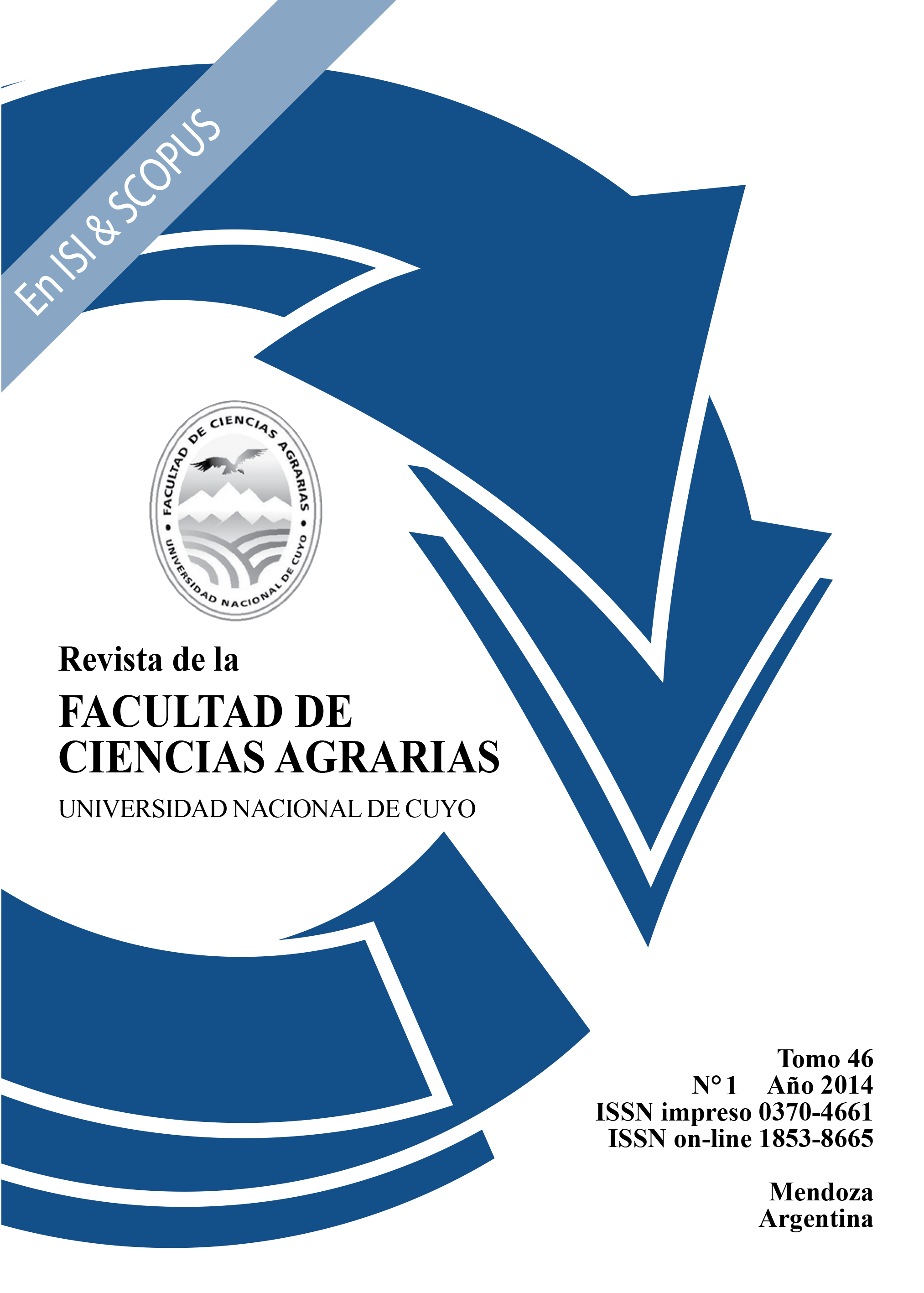Assessment of artificial diet composition for laboratory rearing of Diatraea saccharalis (Lepidoptera: Crambidae) and Cotesia flavipes (Hymenoptera: Braconidae)
Keywords:
sugarcane stem borer, biological control, parasitoidism, pest managementAbstract
The augmentative biological control of Diatraea saccharlis Fabricius (Lepidoptera: Crambidae) requires the mass rearing of the parasitoid Cotesia flavipes Cameron (Braconidae: Microgastrinae), and for this, it's necessary the development of efficient artificial diets. The goal was to examine the effects of different diet types on biological parameters of D. saccharalis and their impact on coccon production of C. flavipes. 46136 eggs of D. saccharalis were sow on eleven combinations of artificial diets, with two types of flours and three types of antibiotics. The results showed that the diet composition affected biological parameters of both species. The larger efficiency in the rearing was obtained with the use of combinations of bean flour and ampicillin. However, if we consider the relationship between production costs and biological parameters, the diet with bean flour, oxytetracycline and streptomycin was the most adequate for mass rearing.
Downloads
Published
Issue
Section
License

This work is licensed under a Creative Commons Attribution-NonCommercial-ShareAlike 3.0 Unported License.
Aquellos autores/as que tengan publicaciones con esta revista, aceptan las Políticas Editoriales.



